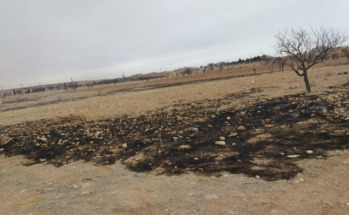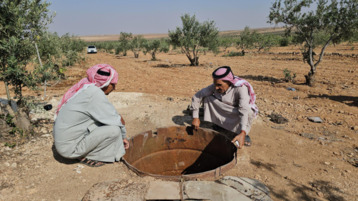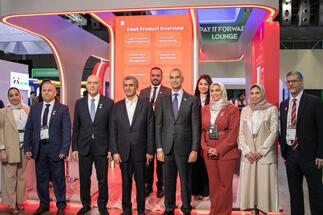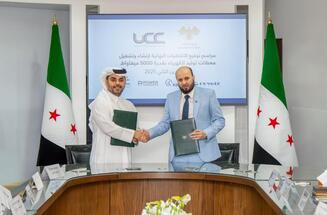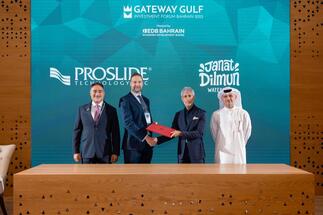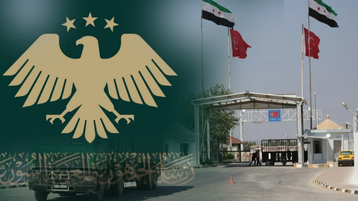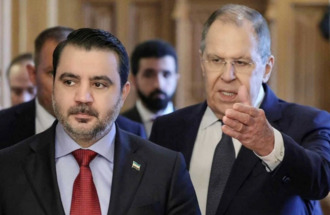-
Forecasting Outcomes from Doha Through Iraqi Eyes
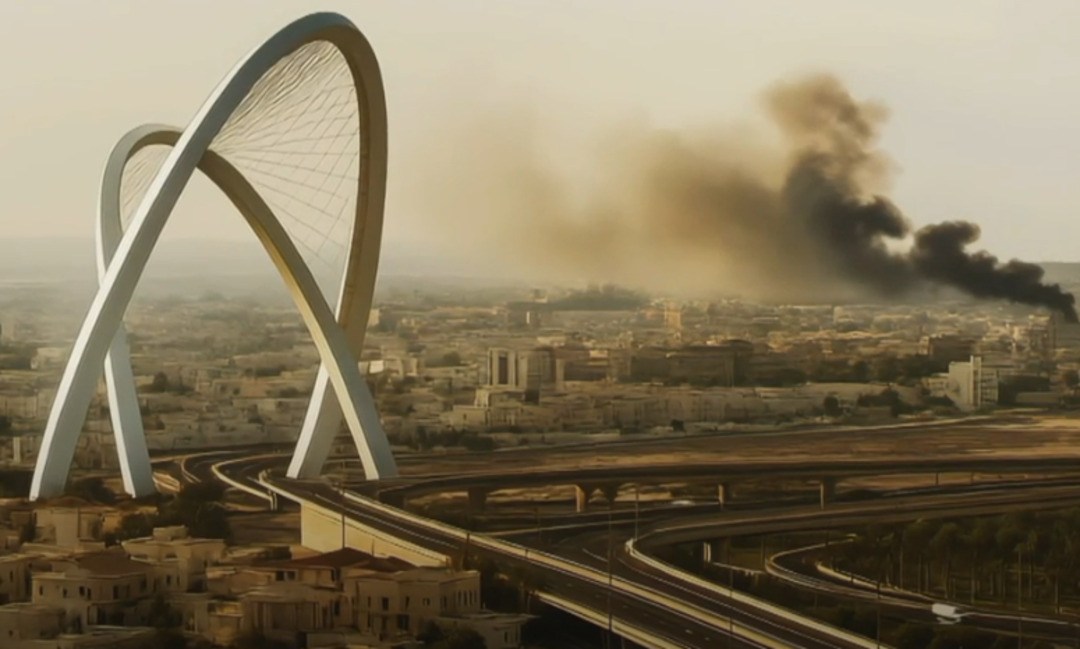
At 3:43 PM Doha time, on September 9, 2025, ten Israeli fighter jets struck residential buildings east of the Qatari capital, Doha. In those buildings, leaders of the Palestinian resistance movement Hamas and the United States were engaged in heated discussions regarding the Israeli hostage release deal and halting the genocide carried out by Tel Aviv in Gaza.
The Qatari mediators have played—and still play—a nearly impossible mediating role due to the volatile mood of U.S. President Donald Trump, relative to the internal political stances of Israeli Prime Minister Benjamin Netanyahu. Had it not been for Doha’s political flexibility, acting as a "Big Ben" diplomatic clock for this crisis, the hands of solutions would have been stalled on the international agenda.
Six martyrs were recorded, five Palestinians and one Qatari. But the seventh martyr—untouched by mention—is "Peace in the Middle East." The Security Council implicitly acknowledged on September 11 that Israel is akin to a magnetic field disrupting diplomatic resolution clocks.
The council issued a magnetic statement crafted by London and Paris, delaying Israel's explicit condemnation—"Israel was not mentioned in the statement approved by all 15 member states." Beijing and Moscow were relatively restrained in their condemnation. The U.S. continues to promote ignorance about the Israeli strike, perhaps with U.S. bases like Al Udeid practicing yoga alongside radars in Qatari territory.
The Arab Summit Leader’s Stance
Iraqi Prime Minister Mohammed Shia’ Al Sudani, who currently holds the Arab Summit chair, called for an "urgent Arab summit" following the Israeli assault on Doha. He proposed this on September 10 during a "telephone call with Qatari Emir Tamim bin Hamad Al Thani."
The president advised the Emir to leverage "the upcoming United Nations General Assembly meetings in New York this September." Despite Arab disillusionment about the potential for a response to Israeli aggression, Baghdad sees the Arab response have a long reach, suggesting "there is nothing preventing Islamic countries from forming a joint security force for defense," as expressed in a televised speech on September 14.
Sudani interpreted Israel’s aerial recklessness on September 9 as aligning with "the Israeli government’s contempt for everything, and the ongoing mass killing in Gaza for more than two years."
Foreign ministers of Arab and Islamic countries are likely to have completed preparations for a "closed session" in Doha, ahead of the emergency Arab Islamic summit scheduled for September 15, reported Majid Al Ansari, Qatar’s official foreign ministry spokesperson, on September 14.
Jamal Rashidi, the official spokesperson for the Arab League Secretary-General, broadly outlined Doha’s summit as "a message of full solidarity with Qatar in facing the blatant and cowardly attack carried out by Israeli occupation forces."
Political analysts, government advisors, and Iraqi politicians diverged in their expectations of the Doha summit and Baghdad’s ideal stance.
United but with Variations
Politician Atheel Nujayfi believed that the Doha summit would provide "an opportunity for Iraq to stand stronger against Israel." Meanwhile, political analyst Ziad Al-Attar predicted Iraq’s stance at the summit would be "distinctive," interpreting that "the circumstances call for Arab states to take important practical steps."
Al-Attar did not reserve the "distinctive stance" solely for Baghdad; he included Cairo and Riyadh, suggesting "everyone perceives the danger, and it’s clear that Israeli recklessness will force Arabs into difficult decisions."
Hadi Jallo, head of the Political Analysts Association, argued that Iraq’s performance would not be individual but collective, aligned with the Arab agenda: "Iraq will be as committed as the other participating countries."
Hamza Mustafa saw Iraq’s stance as officially supportive: "Since Iraq chairs this year's Arab summit, it is supportive of all Arab issues without borders. Prime Minister Mohammed Shia’ Al Sudani has publicly expressed this, mirrored in his statements and Iraq’s foreign ministry."
Wael Rukkabi aligned with Mustafa, stating Iraq’s position will follow its official and constitutional lines: "Iraq supports Qatar and all countries under aggression by the Zionist entity—a formal and constitutional stance based on Iraqi constitutional articles."
Academic and political analyst Mujassam Tamimi projected Iraq’s political posture as aligning with the Arab consensus: "Official rhetoric will reflect solidarity with the Arab and Islamic unity." Regarding practical measures, Tamimi commented, "Implementing real on-the-ground decisions remains complex, constrained by Iraq’s delicate balance between Washington’s pressures and Tehran’s influence."
Summits’ Outcomes
Academic and political analyst Ramadan Al-Badran placed Doha’s summit within this framework: "An Arab-Islamic summit in Qatar is a natural demand, more diplomatic and political than procedural." He predicted the outcomes would mostly be "statements fulfilling diplomatic and political needs—condemning and.
Report by Massar Abdul Mohsen Radi
You May Also Like
Popular Posts
Caricature
opinion
Report
ads
Newsletter
Subscribe to our mailing list to get the new updates!

